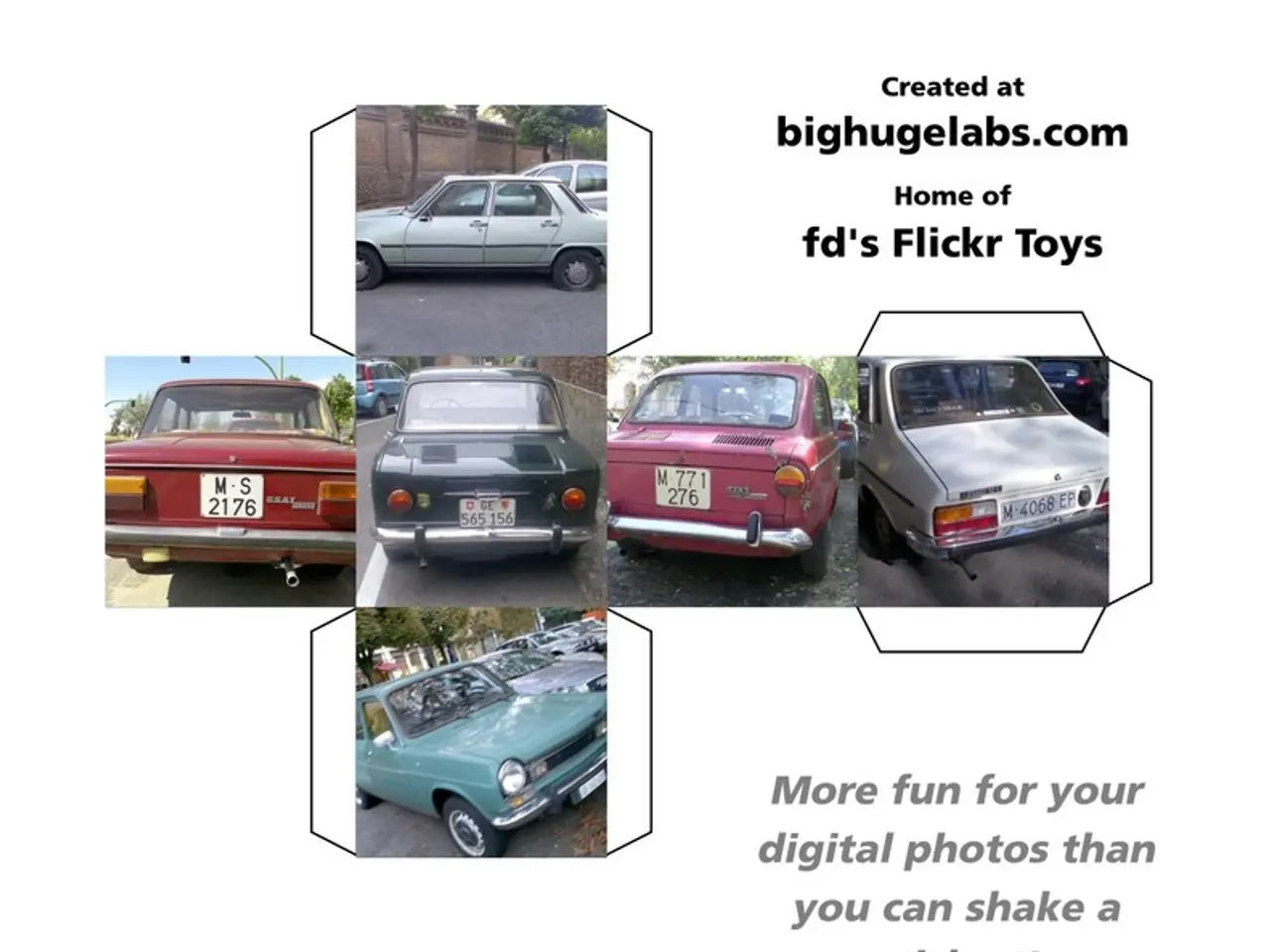Vehicle connectivity: testing entities advocate for data access rights
In the ever-evolving landscape of modern mobility, testing organizations in Germany are advocating for clear, fair, and privacy-compliant rules regarding access to vehicle data. This push comes as part of the discussion surrounding the establishment of the "Mobility Data Space," a federal cloud for connected vehicles' data, which has been discussed within the framework of the National Platform for Mobility.
The organizations, including TÜV, DEKRA, GTÜ, KÜS, and VÜK, are concerned about the current discussion process, fearing it may be dominated by large Original Equipment Manufacturers (OEMs), causing delays in establishing effective and equitable data access regimes essential for innovation in mobility solutions. They seek transparent, fair, and legally solid frameworks to access data for development, testing, and validation of new mobility services.
The industry is moving towards shared vehicle software and data cooperation, as evidenced by eleven major automotive companies in Europe collaborating on a shared, open-source connected car software stack. This shift indicates a growing need for more open access to vehicle-related software and data to develop new services and innovations.
However, concerns about data monopolization and gatekeeping persist. The McKinsey article on the life cycle value of connected-car data notes that OEMs currently act as "gatekeepers" controlling access to vehicle data, but future regulations might redistribute this gatekeeper role. The testing organizations may be concerned that restrictive control by OEMs can stifle innovation, delay data access, and prevent smaller companies from competing fairly.
Moreover, the testing organizations are particularly interested in legal and privacy-compliant access to vehicle data. Technologies collecting mobility data, such as sensors for bicycles and pedestrians, highlight the rising demand for privacy-first, GDPR-compliant data solutions. These innovations depend on reliable access to data and highlight a broader need for clear legal frameworks that allow data sharing while protecting user privacy.
The demand for the "Mobility Data Space" is related to the organizations' aim to improve traffic safety and environmental protection. They advocate for direct access to safety and environmentally relevant data from vehicles, enshrined in law, to ensure the vehicle owner's data control claim is met in the future as part of technical monitoring.
As the automotive summit with German Chancellor Angela Merkel is scheduled for Tuesday, the testing organizations' concerns and proposals regarding the "Mobility Data Space" are expected to be discussed. The organizations' push for legal access to vehicle data is seen as crucial for enabling innovation and efficient mobility solutions, and ensuring a level playing field for all players in the mobility ecosystem.
- The testing organizations, like TÜV, DEKRA, GTÜ, KÜS, and VÜK, are keen on employing data-and-cloud-computing solutions in finance, other industries, and technology, especially in areas like transportation, as they advocate for fair and transparent frameworks to access vehicle data for development, testing, and validation of new mobility services.
- These testing organizations are particularly interested in the establishment of the "Mobility Data Space," a federal cloud for connected vehicles' data, as they perceive it as a crucial step towards open access to vehicle-related software and data, which could stimulate innovation and competition in the mobility industry.
- As the discussion over the "Mobility Data Space" continues, concerns about data monopolization and gatekeeping persist, with the testing organizations advocating for legal and privacy-compliant access to vehicle data to prevent restrictive control by Original Equipment Manufacturers (OEMs) from stifling innovation, delaying data access, and preventing smaller companies from competing fairly in the technology sector.




